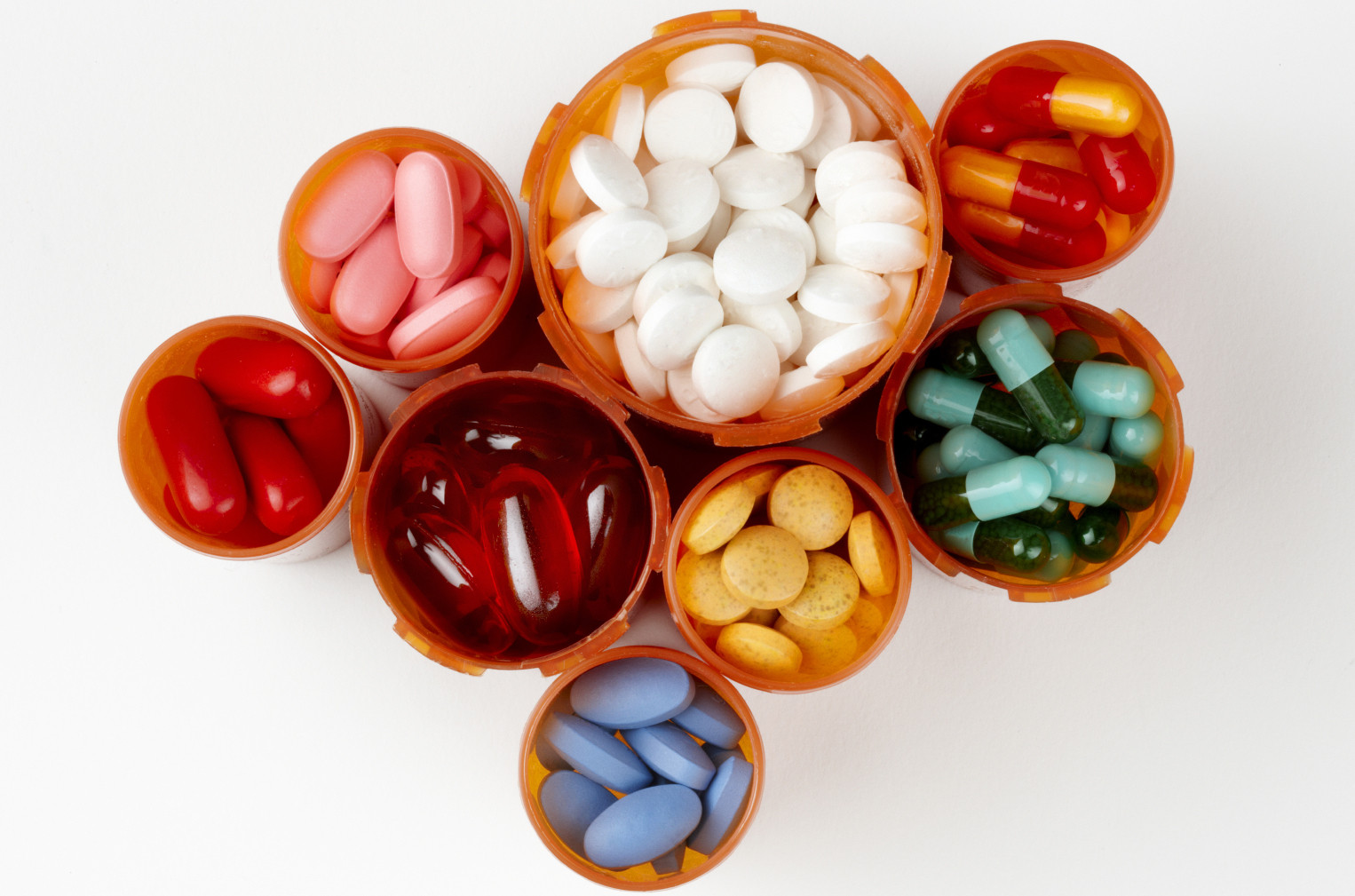What to do when medication makes you sleepy
It may be as simple as adjusting the dose, avoiding alcohol, or taking the drug at a different time of day.

Image: iStock
One of the most commonly reported side effects of some medications is drowsiness. "Many people report tiredness or fatigue as a side effect from their medicines. However, there are things you can do to minimize the feelings of daytime sleepiness," says Laura Carr, a pharmacist at Harvard-affiliated Massachusetts General Hospital.
Typical offenders
Common culprits that cause sleepiness include antidepressants; antihistamines, found in sleep aids or medicines that treat allergies; anti-emetics, which are used to control nausea and vomiting; antipsychotics and anticonvulsants, which can be used to treat seizures or depression; drugs to treat high blood pressure, including alpha blockers and beta blockers; benzodiazepines and other sedatives, which are commonly used for anxiety or insomnia; drugs for Parkinson's disease; muscle relaxants; and opioids and other prescription pain medications. Many over-the-counter medicines may also make you drowsy, such as remedies for insomnia, allergies, nausea, vomiting, or diarrhea.
Risks of being drowsy?
Feeling sleepy throughout the day can interfere with your quality of life, possibly hurting your performance at work or keeping you from participating in daytime activities. Drowsiness can also increase your risk of falling, which can lead to injury and disability, and it can affect your ability to drive safely.
If you're taking several medications that can cause drowsiness, the side effects may add up and get worse.
What you can do
If you're starting a new drug that may cause drowsiness, Dr. Carr recommends that you avoid activities that require alertness, like driving, until you find out how the medication affects you.
In some cases, your sleepiness will lessen over time, as your body adjusts. If your medication is causing excessive drowsiness or affecting your ability to drive or work, call your doctor. "Resolving the drowsiness may simply be a matter of adjusting the dose or changing the medication that's causing the drowsiness," says Dr. Carr.
She also suggests that you keep healthy sleep habits to get a good night's rest; limit over-the-counter drugs that have drowsiness as a side effect; limit other substances that can cause tiredness, such as alcohol; and talk to your pharmacist to see if it's possible to take the medication at night, when you're already preparing for sleep.
Disclaimer:
As a service to our readers, Harvard Health Publishing provides access to our library of archived content. Please note the date of last review or update on all articles.
No content on this site, regardless of date, should ever be used as a substitute for direct medical advice from your doctor or other qualified clinician.















